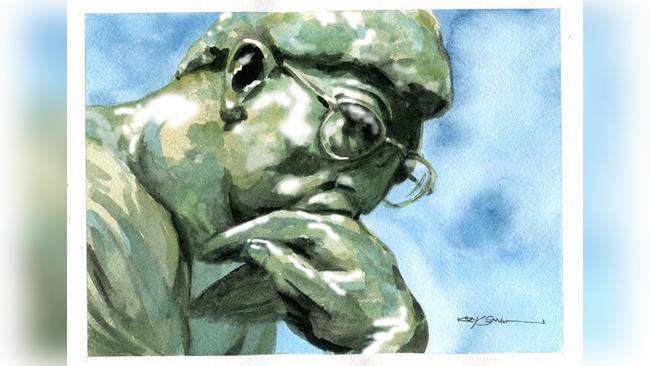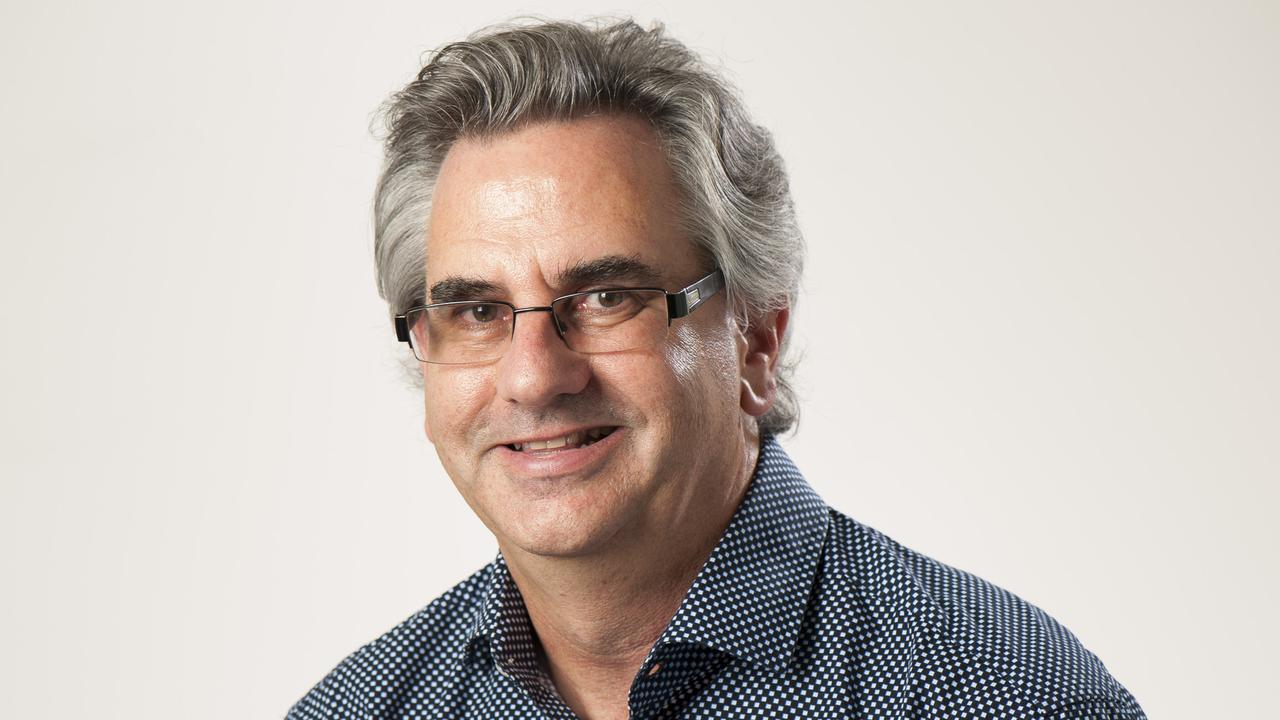Revive our cultural memory and ask the big questions
The right to free inquiry stems from a long tradition shared among the Western civilisations.

From the ancient Greeks on, Western civilisation is dialectical.
Whether it is republicanism versus imperialism in Rome, the meaning of the prophets and the law in 1st century Jerusalem in light of the teaching of Jesus of Nazareth and Paul of Tarsus, the conflicts during the Protestant Reformation and Catholic Counter-Reformation, the roles of reason and emotion in moral actions, or the nature of human rights in Thomas Paine, Mary Wollstonecraft and W.E.B. Du Bois, the Western canon is revealed through disagreement and constant re-evaluation.
Plato decries Homeric epics in the education of Greek youths because they would encourage boys to imitate Achilles, sulking like a baby one moment and attempting to desecrate the body of his vanquished foe the next. Only hymns to gods and praise of noble men survive his censoring hand.
Aristotle contradicts Plato, arguing that tragedy can discipline the emotions rather than threatening the role of reason by unleashing passion as Plato feared. The philosophical disagreements between Plato’s idealism and Aristotle’s realism remain in constant tension to this day.
But the importance of authors fluctuates. T.S. Eliot and Helen Gardner restored the status of John Donne after he fell out of fashion in the 18th and 19th centuries. But despite these re-evaluations, certain names persist: no one disagrees about the centrality of Homer, Dante or Shakespeare.
And while political theorists hotly debate the merits of Nicholas of Cusa, Machiavelli, Locke, Hobbes, Rousseau, Smith, Marx and Mill, none deny that these have been seminal voices shaping modern Western self-conception.
Some appear because of their literary greatness, philosophical insight or political acumen; others because their influence on world events or the history of ideas is indisputable.
All appear because by knowing them we know ourselves better, where we have come from and, perhaps, where we are going.
Defenders of the Western tradition often disagree strongly about the significance of authors or the interpretation of events. Catholics and Protestants, for example, may disagree about the Reformation or the desirability of different economic systems, including capitalism. Some defenders of the West are circumspect about strands of Enlightenment thought that classical liberals celebrate. Among advocates of Enlightenment values, some prefer the Scottish variety, others the French.
Even outside the camp of defenders of the West, some cultural theorists decry the Western canon as oppression while others believe it is still important to know it. Indeed, it is obvious reading British literary theorist and Guardian critic Terry Eagleton that he is enamoured of the West’s great authors.
A sophisticated reading of Shakespeare’s representation of gender, class or race is better than presenting him crudely as a representative of Western patriarchy whose claims to literary greatness have been made only to prop up a regime hellbent on silencing women and ethnic minorities.
Aristotle said poetry (read “imaginative literature”) was concerned with universal truths of human nature. This does not mean it is morally impeccable from anyone’s perspective — whether a devout Christian, a convinced conservative or liberal, an earnest feminist or a staunch Marxist.
But if works of literature, history, religion and philosophy don’t have something profound to teach us, if they are no more than examples of an oppressive political agenda, then why read them?
The answer, for many students introduced in this way to canonical Western authors, is why indeed? And they don’t read them, as soon as they are free not to do so.
Years ago, Irish Nobel laureate Seamus Heaney said: “Nowadays, undergraduates are being taught prematurely to regard the poetic heritage as an oppressive imposition and to suspect it for its latent discriminations in the realm of gender, its privilegings and marginalisation in the realms of class and power.
“All of this suspicion may be salutary enough when it is exercised by a mind informed by that which it is being taught to suspect, but it is a suspicion which is lamentably destructive of cultural memory when it is introduced in minds without any cultural possessions whatever.
“On the other hand, when a poet quotes from memory or from prejudice or in sheer admiration, ‘the canon’ is manifested in an educationally meaningful way. To put it simply, I believe that the life of society is better served by a quotation-bore who quotes out of a professional love than by an ‘unmasking’-bore who subverts out of theory.”
What Australian students in the humanities desperately need is a restoration of cultural memory, so that their minds and hearts may be full of cultural possessions, from Homer to Heaney, Genesis to Girard, the Parthenon to Picasso.
Let students and faculty debate; let them challenge the whole gamut of narratives they encounter — whether liberal, conservative, Marxist, Catholic, Protestant, atheist, feminist, masculinist, indigenous, multicultural, whatever.
Only let the debate be informed — and let it at least be preceded by love: of Shakespeare on the tongue, Bach on the ear, the lines of Michelangelo’s Pieta on the eye.
And perhaps let them ask: from where did this right to debate and inquire freely come? And why do I enjoy the opportunity to add my voice to it? Why is the water in my glass drinkable?
And how did we get here in the first place?
Stephen McInerney is academic executive officer at the Ramsay Centre for Western Civilisation.



To join the conversation, please log in. Don't have an account? Register
Join the conversation, you are commenting as Logout